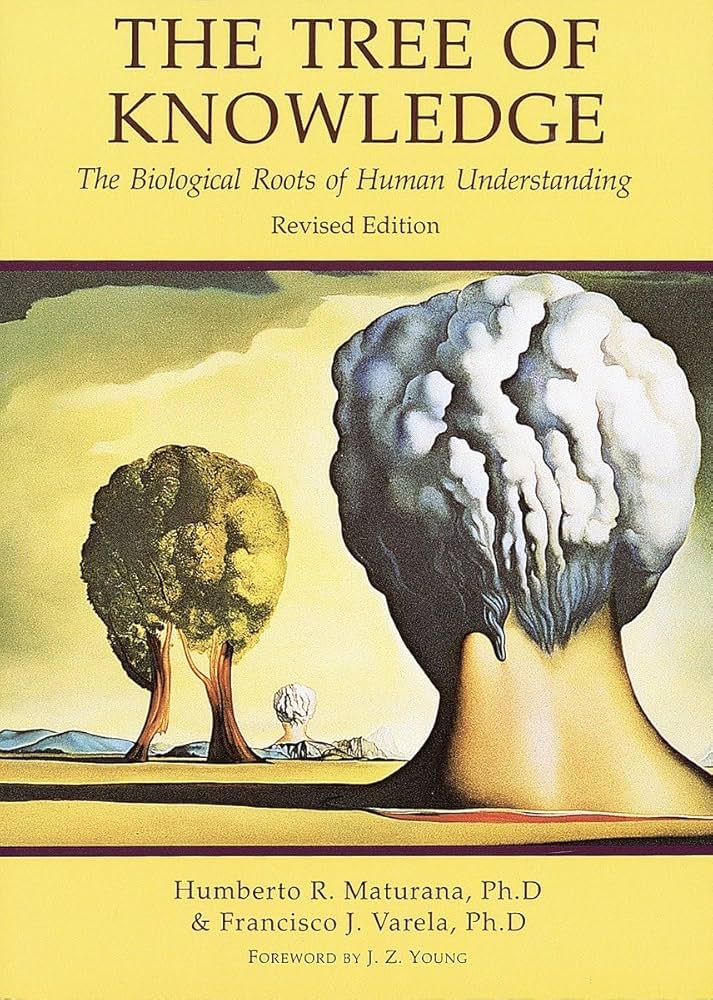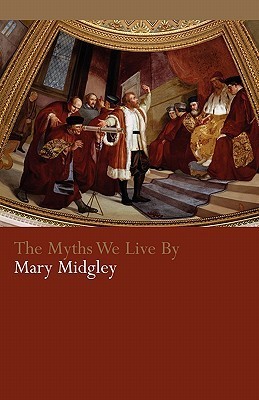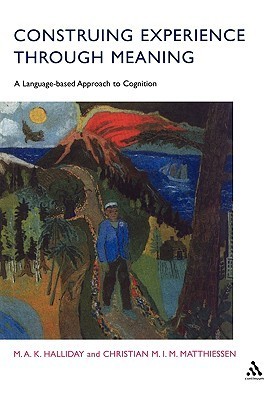
Metaphors We Live By
Book Description
Words shape the world around us, crafting the very lenses through which we view reality. In "Metaphors We Live By," George Lakoff uncovers the hidden frameworks that govern our thoughts, language, and actions, revealing how metaphors infiltrate our daily lives—from politics to personal relationships. This groundbreaking exploration exposes the powerful interplay between language and thought, illustrating how abstract concepts become tangible through vivid imagery. As our understanding of language deepens, so do the possibilities for transformation in our lives and society. What if the very way we speak could change everything about how we see the world?
Quick Book Summary
"Metaphors We Live By" by George Lakoff is a pioneering work that reveals how metaphor is not just a poetic device but an essential mechanism of human thought. Lakoff demonstrates that our conceptual system—how we think, act, and communicate—is fundamentally metaphorical, influencing everything from science to everyday conversation. Through numerous examples, the book uncovers how linguistic metaphors create the frameworks by which we understand complex or abstract ideas such as time, emotion, morality, and politics. By bringing these underlying metaphors to light, Lakoff illustrates how changing our language can transform our understanding of ourselves and the world. The book challenges readers to recognize the metaphoric underpinnings of their beliefs and actions, proposing that awareness of these structures opens avenues for personal and societal change.
Summary of Key Ideas
Table of Contents
Metaphor as a Fundamental Structure of Thought
The book begins by challenging the traditional notion that metaphors are merely figures of speech limited to literary or rhetorical flourishes. Lakoff posits that metaphors are foundational to human cognition, structuring how we perceive, understand, and interact with the world. From the way we talk about time as money to arguments as war, everyday expressions are shown to reflect deeper conceptual metaphors embedded in our collective thought processes.
Conceptual Metaphors Shape Perception and Action
Lakoff introduces the idea of conceptual metaphors, which are mental frameworks that allow us to understand abstract domains in terms of more concrete experiences. For instance, the metaphor "argument is war" shapes not just language (claims, defenses, winning arguments) but also our attitudes and behaviors in disputes. These metaphors operate largely unnoticed, yet they are central to how we make sense of complex realities such as emotions, relationships, and morality.
Everyday Language Reveals Hidden Metaphors
Examining language closely, Lakoff provides numerous examples from English and other languages to illustrate how pervasive metaphorical thinking truly is. Everyday phrases like "time flies," "spending time," and "wasting energy" reveal how we map tangible experiences onto abstract concepts. This mapping is not arbitrary; it is grounded in bodily and social experiences, making metaphors both natural and powerful connectors between language and lived reality.
Metaphor and Cultural Variation
The book also explores how metaphors vary and evolve across cultures and contexts, affecting not just communication but also the structure of societies. Different cultural metaphors can influence everything from political discourse to notions of justice and healthcare. Lakoff illustrates how dominant metaphors can reinforce or challenge power structures, shaping public opinion and policy.
Challenging and Reframing Metaphors for Change
Finally, "Metaphors We Live By" emphasizes the transformative potential of recognizing and consciously reexamining our guiding metaphors. By challenging and reframing entrenched metaphors, individuals and groups can expand their thinking, stimulate creativity, and promote social change. Lakoff’s work encourages a more reflective approach to language, suggesting that by altering our metaphors, we can alter the realities we construct—both individually and collectively.
Download This Summary
Get a free PDF of this summary instantly — no email required.





